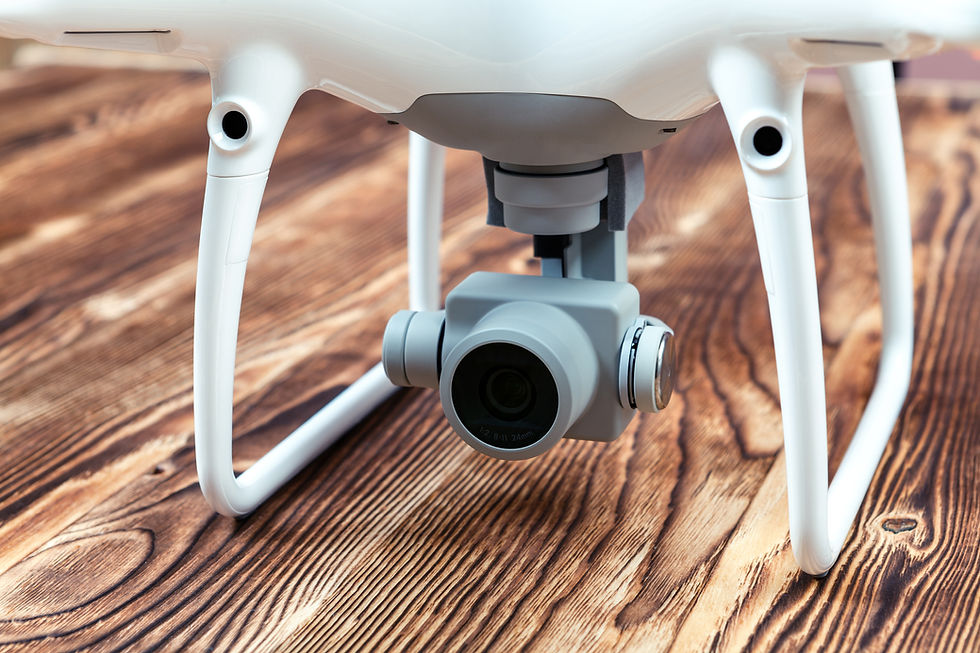Drone Laws in the USA
- Wings and Pixels
- Sep 5, 2023
- 2 min read
Updated: Sep 21, 2023
In the United States are regulated by the Federal Aviation Administration (FAA). These regulations are in place to ensure the safe and responsible operation of drones, also known as Unmanned Aircraft Systems (UAS). As of my last knowledge update in September 2021, here are some key points regarding drone laws in the USA:
*Registration: All drones weighing between 0.55 and 55 pounds must be registered with the FAA before they can be flown outdoors. Registration is done through the FAA's online registration system.
Fly for Fun (Recreational Drone Use):
Drones must be flown below 400 feet above ground level.
Keep the drone within visual line-of-sight at all times.
Avoid flying near other aircraft, especially near airports.
Do not fly over people or moving vehicles.
Fly only in Class G airspace (uncontrolled airspace).
Fly for Profit or Work (Commercial Drone Use):
Commercial drone operators need to obtain a Part 107 Remote Pilot Certificate from the FAA.
The Part 107 certification requires passing a knowledge test.
Commercial drone pilots must adhere to the regulations outlined in Part 107, including altitude and airspace restrictions.
No-Fly Zones: Certain areas, such as airports, national parks, and government facilities, are designated as no-fly zones for drones. It's important to consult the FAA's B4UFLY app or other resources to ensure you're aware of any restricted areas.
Flying Near Airports: You must notify the airport and air traffic control tower if you intend to fly within 5 miles of an airport.
Remote Identification Rule: The FAA has introduced a remote identification rule that requires drones to transmit identification information while in flight. This rule aims to enhance safety and security by allowing authorities to identify drones and their operators.
Night Operations: Part 107 allows for night operations, but pilots need to take additional training or demonstrate their ability to operate safely at night to receive this privilege.
Waivers and Authorizations: If you want to fly your drone outside of the standard operating rules, such as flying over people or at night, you can apply for a waiver or authorization from the FAA.
Please note that these regulations might have evolved or changed after September 2021. It's crucial to stay updated with the latest FAA guidelines and regulations by visiting the FAA's official website or consulting their resources directly.
Remember that flying a drone responsibly and in accordance with the law is essential to ensure the safety of people, property, and other aircraft. Always prioritize safety, respect privacy, and follow local regulations in addition to federal laws.



Comments